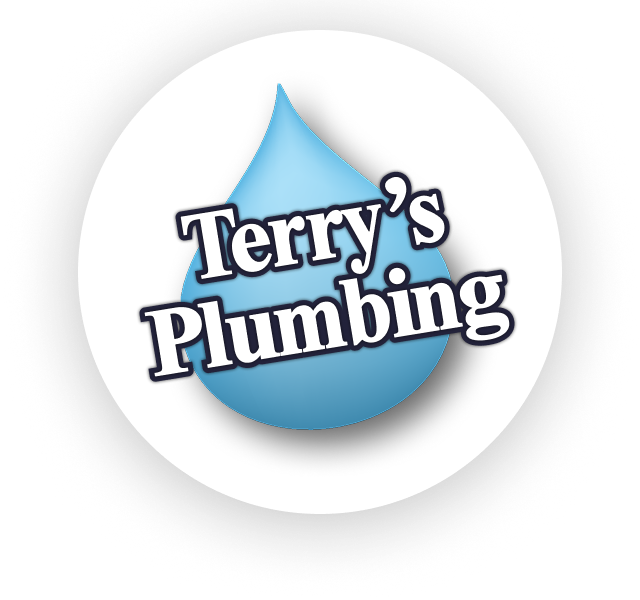Pro TIps
The Best Septic Tank Treatments
It’s easy to forget about your septic tank, which means it’s just as easy to forget about its routine maintenance. You rely on your septic system every day, so if maintenance is forgotten you could end up with a smelly mess on your hands.
Why are Treatments Important?
Septic tanks work by bringing wastewater from your home down into a tank. From there, bacteria within the tank dissolves and consumes waste–separating it into solids and liquids. The liquids then drain through perforated pipes into the ground. This patch of ground is called a drain field. When the liquids flow through the drain field the layers of rocks, minerals and soil cleans the water before returning it to the groundwater system.
The trick to keeping systems like these working efficiently is maintenance. Regularly, a septic tank treatment should be used to give the beneficial bacteria in the system a boost. A monthly dose of the treatment keeps your tanks working normally and prevents it from wearing out prematurely. In addition to monthly treatments, pumping out your tank once every couple of years is recommended.
Different Types of Treatments
Inorganic Acids or Alkalis – These powerful compounds are capable of wiping out a clog in no time. However, they are so harsh that if not diluted correctly they can destroy the necessary bacteria needed for your tank to work. If that happens then raw sewage can flow into the drain field and result in unpleasant odors, leakage into local groundwater and the weakening of your system overall.
Hydrogen Peroxide – When properly diluted, hydrogen peroxide is an effective way to remove clogs without harming the bacterial ecosystem in your tank. The only downfall is that it does degrade soil content and can compromise the viability of the drain field. Because of this it isn’t a good option for long-term care of your septic system.
Organic Solvents – Solvents such as methylene chloride, trichloroethylene, and other chlorinated hydrocarbons are used as degreasers. As a septic tank treatment, they work well to break down oils, grease and fats that settle at the bottom of the tank. Even though these solvents are great at breaking things down, the solvents themselves don’t break down. Instead they leak into the groundwater system and can cause ecological damage–for this reason they are banned from use in some states.
Biological Additives – These additives contain beneficial bacteria and extracellular enzymes to promote a healthy bacterial ecosystem within your tank. These work by boosting the bacteria population and introducing enzymes for breaking down fibers, scum and solid waste. Maintaining a healthy ecosystem in your tank also helps protect the health of the rest of your system i.e. the drain field and local groundwater systems.
Important Factors
Treatment Form – Septic tank treatments come in a variety of forms–the most popular being pods, tablets, powders and liquids. Pods and tablets are the most popular choices as they are mess free and come in convenient pre-packaged dosages. Powders on the other hand, are a bit more complicated as they require you to measure out the correct dose for your size tank. As for liquids the dosages must be measured just like powders, though these types of treatments are only meant for serious clogs and not normal maintenance.
Tank Size – Unfortunately you can’t just go to the store and pick a random treatment off the shelf. Instead, you must take the size of your septic tank into consideration. If you purchase a treatment made for a 1,500-gallon tank and use it on your 500-gallon tank the results could be damaging. The treatment could end up throwing off the bacterial ecosystem and alter the enzyme balance too much. Inversely, if the treatment you use is not strong enough, it will be ineffective at helping maintain your septic tank.
Price Tag – Price should always be a factor when you purchase a treatment and in this case price does determine quality. Inexpensive tank treatments can range between $8 to $12 for a product that will last about a month. Moderately prices tank treatments are about $15 to $35 for a product that will last a couple of months. Expensive tank treatments can cost you around $40 to $80 for a full year and are usually the most effective.
The Most Recommended Treatments
- The Best Overall: Cabin Obsession Septic Tank Treatment
- Great for those on a Budget: Green Gobbler SEPTIC SAVER Bacteria Enzyme Pacs
- Best for Clogs: Instant Power 1868 Septic Shock
- The Best Monthly Treatment: Walex BIO-31112 Bio-Active Septic Tank Treatment Drop-Ins
- Best if bought in Bulk: GreenPig Solutions 53 Concentrated Septic Tank Treatment
Super Terry knows Septic Systems
Don’t worry about sewage or a soggy front yard, we’ll fix your septic system for maximum efficiency and safety. Call us or get in touch online to schedule an assessment.
